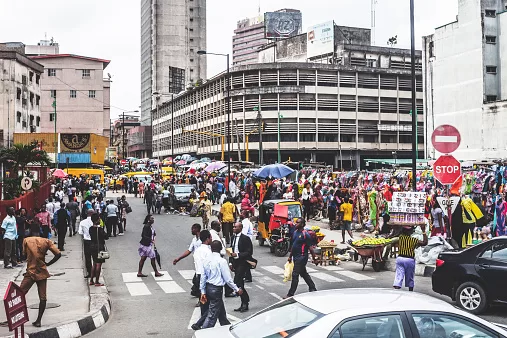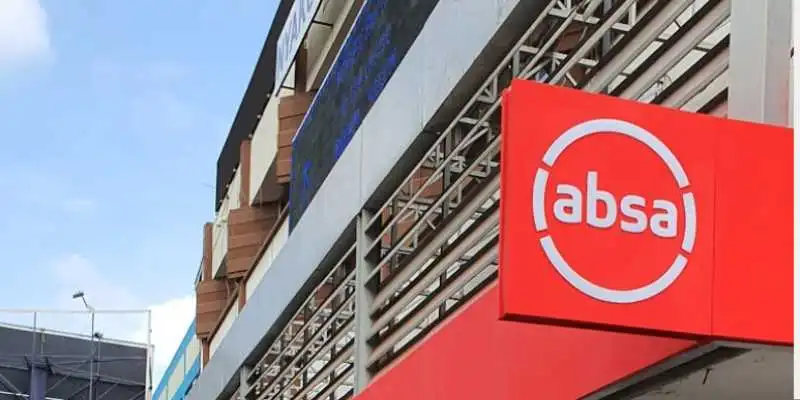Bolt, the popular ride-hailing platform, has recently announced updated pricing for its services in Nigeria, specifically in Lagos. These changes are a direct response to the removal of fuel subsidies in the country and the resulting fuel scarcity.
Effective from June 2, 2023, Bolt’s prices in Nigeria have been adjusted to account for the increased operating costs that drivers now face due to fuel scarcity. Among the Nigerian cities, Lagos witnesses the highest price adjustments.
In Lagos, the base fare has increased by 17%, rising from ₦450 to ₦527. The price per kilometer has surged by 36.84%, going from ₦95 to ₦130. Similarly, the cost per minute has risen by 35.29% to ₦23 from ₦17. As a result, the minimum fare for Bolt rides in Lagos has increased by 23% to ₦800 from its previous ₦650. This comprehensive adjustment amounts to a total increase of 112% across various pricing factors.
The rise in Bolt’s prices in Lagos can be attributed to the fuel scarcity issues faced nationwide, resulting in a decline in the number of active drivers. This scarcity has led to significant surges in fuel prices, making it necessary for ride-hailing platforms to adjust their fares accordingly.
It’s worth mentioning that the revised prices fall below the expectations of ride-hailing drivers. The Amalgamated Union of App-Based Transport Workers of Nigeria had advocated for a 200% price increase and a minimum fare of ₦2000. They also urged Bolt and other platforms to reduce the commission deducted from fares by 50% or set it at 10%.
While Bolt has responded to the fuel scarcity and increased operating costs by adjusting its prices, the drivers’ union also suggested that app companies should subsidize trip fares by at least 5% to alleviate the impact of the fare increases on riders.















